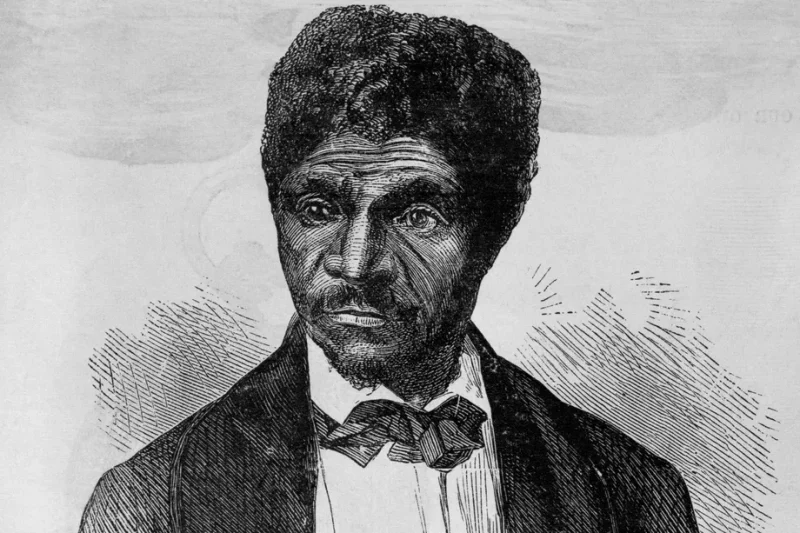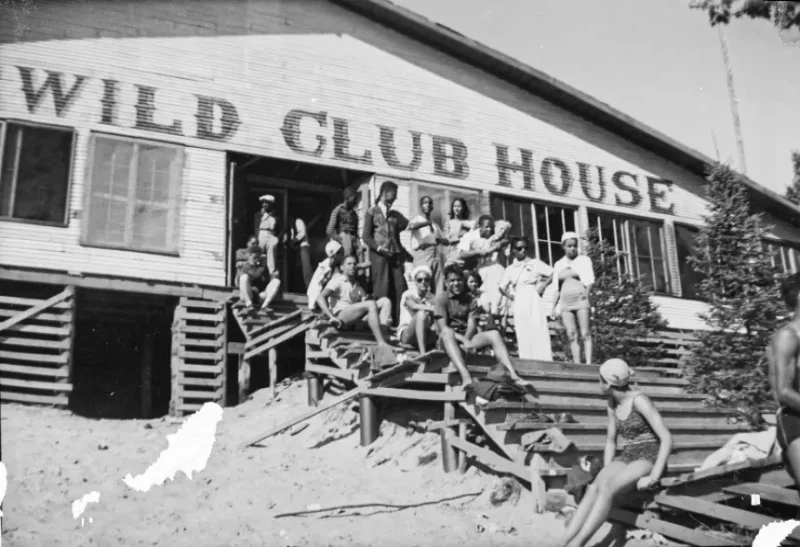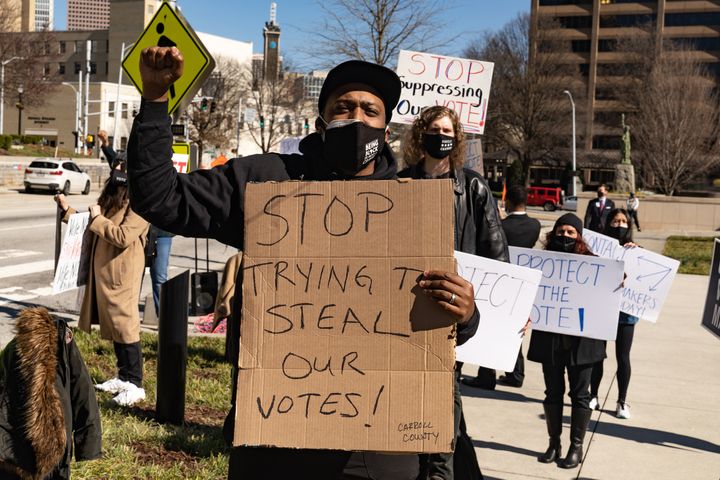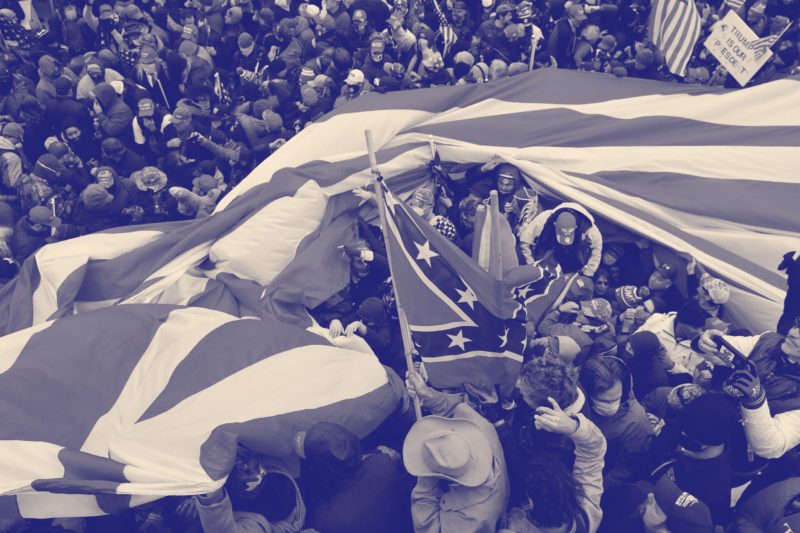Posts Tagged ‘Jim Crow’
The case against the Supreme Court of the United States
Some people argue we should rethink SCOTUS because it continues to do more harm than good as a result of its racist and conservative origins.
Read MoreWells Fargo Approved Less Than Half of Mortgage Refinancing Applications from Black Homeowners
A new study reveals how mortgage refinancing is yet another obstacle in the fight against economic injustice for Black Americans.
Read MoreRestoring Idlewild, a historic vacation spot for Black people — 110 years later
A relaxing vacation has often been out of reach for Black Americans. That’s why Idlewild, sometimes known as Black Eden, was such a paradise in the early 1900s.
Read MoreLouisiana Governor Pardons Homer Plessy From ‘Separate But Equal’ Ruling
By BET staff, BET News The landmark 1896 case solidified Jim Crow. Louisiana Governor John Bel Edwards has pardoned Homer Adolph Plessy, of the 1896 Plessy v. Ferguson ruling. According to CBS, Edwards signed the pardon during a ceremony outside the former rail station in New Orleans where Plessy was arrested 130 years ago for sitting in a white area…
Read MoreForget Dr. Seuss And Cancel Culture – The Real GOP Agenda Is Rolling Back Voting
This article covers how Republicans try to prevent black people from voting in order to stay in power.
Read MoreLearning from the Failure of Reconstruction
The riot at the Capitol was reminiscent of the overthrow of Reconstruction, which was accomplished by violent assaults on elected officials. Dr. Eric Foner, an expert on the Reconstruction era, shares his analysis.
Read MoreRacial Terror and the Second Repeal of Reconstruction
In the age of Trump white nationalism, hate crimes and acts of domestic terrorism have escalated. Recent acts of violence mirror the years following Reconstruction that resulted in American Descendants of Slavery losing all rights and privileges gained after the Civil War and the imposition of Jim Crow Laws.
Read MoreWhen Civility Is Used As A Cudgel Against People Of Color
Manifest Destiny as a mind-set and working model has made it clear that America has a duty to civilize the rest of the uncivilized world. The uncivilized masses are to be patient and calm and not “rock the boat”,as they await the privileges that come with Christianity and democracy.
Read MoreHow Black Citizenship Was Won, and Lost
In this week’s New York Times Race/Related section, Jennifer Schuessler brings word of a New-York Historical Society exhibit shedding new light on the lives of African-Americans during the Reconstruction era. From covering the legal and political battles that were fought the nation over to showcasing artifacts of the smaller, day-to-day, personal battles of individuals African-Americans and their families, this exhibit helps to remind today’s divided America not only of just how dangerous such division can become, but just how important the fight for truth, justice, and equality really is.
Read MoreBack When Sears Made Black Customers a Priority
In this week’s New York Times Race/Related section, Lauretta Charlton gets Cornell University professor Louis Hyman’s take on the effect that the original Sears marketing strategy had on the lives of African-Americans across the country. Sears, Roebuck and Company distributed its catalog in hopes of granting access to new economic territory to Americans of all colors. With this access to a much more competitive market with far lower prices on items of all kinds, African-Americans far and wide took the chance to negate the power of Jim Crow laws that had hitherto denied them equitable access to such goods.
Read More






